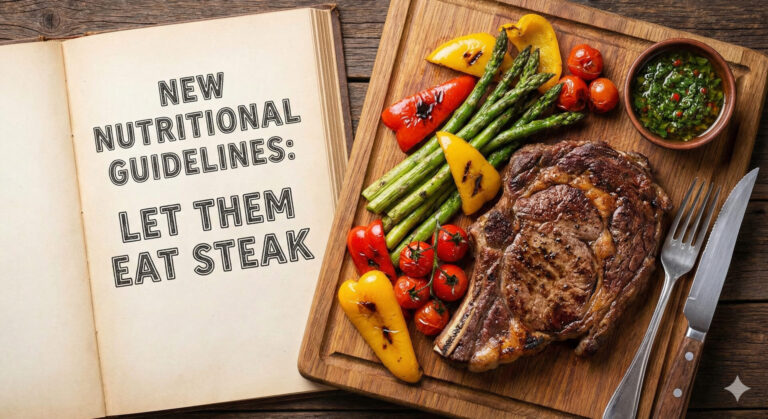Your Guide to Nutrients
Nutrients are the sustenance of life. They are what make our food worth eating and provide us with the energy we need to thrive and maintain a healthy and active lifestyle. However, not all foods are equal when it comes to delivering nutrients to our bodies. As you embark on a healthier lifestyle and make changes to your eating habits during your medical weight loss program, you’ll want to consider the nutritional benefits of the foods you choose to eat.

What makes food nutritious?
There are six types of nutrients, and many specific nutrients that fall into those six categories. A food is considered nutritious when it contains a high quantity of at least one of these nutrients.
The six nutrients are:
Water
The general recommendation for water intake is 64 ounces per day. Other fluids can help you reach this goal, but it is recommended that at least half of your fluid intake is water.
Carbohydrates
There are two forms of carbohydrates, simple and complex. Simple carbohydrates include white flour and table sugar. This form of carbohydrates should be avoided when possible. Complex carbohydrates like those found in whole wheat bread, pasta and brown rice are much healthier options.
Fat
There are good fats and there are bad fats. Trans and saturated fats are associated with weight gain and heart disease, and are largely found in processed foods and oils. Mono- and poly-unsaturated fats are found in salmon, avocado, nuts and other whole foods and provide health benefits for your heart, joints and even your brain.
Protein
Protein is the building block of your muscles and cells, but many animal protein sources also come loaded with saturated fat. Try getting your protein through lean sources like poultry and beans.
Vitamins and Minerals
This is the fifth and sixth category of nutrients, and they include the many vitamins (like A, C, D and the many B vitamins) as well as minerals like calcium and potassium. These nutrients promote brain health, heart health, immune health and energy levels.
As you transition back to a conventional diet following your medical weight loss program, start thinking more about what these nutrients do for your health and how you can add more of them to your diet. Adding more nutrient-dense foods, like fruits, vegetables and other whole foods to your diet is a great place to start when looking to improve your health as you lose weight.



